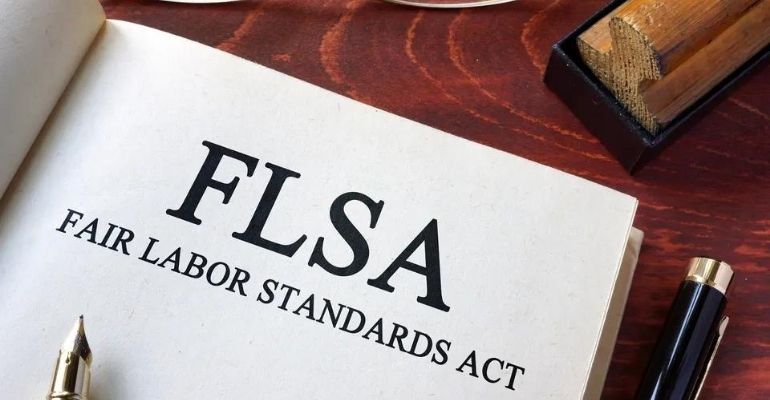
“Ban the Box” Law in Oregon Removes Criminal History from Employment Applications
Oregon is a progressive state in a lot of ways, but this legislative season it’s been a hotbed of activity for employment rights. On January 1, 2016 the “Ban the Box” law goes into effect, and it just might change the way employers hire.
What is “Ban the Box”?
Currently, most employment applications have a spot that asks about a candidate’s criminal history. This new law makes it illegal for Oregon employers to ask about past criminal history on an employment application. Oregon is the latest state to pass such legislation. Other states include Hawaii, Illinois, Massachusetts, Minnesota, New Jersey, and Rhode Island. Eighteen states have adopted policies to consider a job applicant’s qualifications before criminal history, and delay the background check until further along in the hiring process, even if they haven’t officially banned the box. Some cities and counties have also passed similar edicts (often referred to as “fair chance” laws) to ensure easier re-entry for qualified workers.
This ban does not prohibit employers from using past criminal history in making employment decisions. It just removes it from the initial application. Criminal history questions may still be asked during the interview and job offers may still be contingent on criminal history checks and information.
Supporters of laws like this cite that they ease hiring barriers and create a fair chance for all to compete for jobs. Many supporters of “ban the box” want to see employers use conviction information fairly, making individual assessments, not broad assumptions. Groups like the National Employment Law Project stress that employers should consider the age of the offense and its relevance to the job.
The EEOC and Criminal Background
Although Florida, and 43 other states (at the time of this writing), do not have “Ban the Box” laws it is important to recognize the U.S. Equal Employment Opportunities Commission (EEOC) believes employers have been known to use criminal background checks to the extent that they violate Title VII of the Civil Rights Act of 1964. According to the EEOC these sorts of checks have a “disparate impact” on job applicants of certain races, predominantly Hispanics and African Americans. However, not all Courts support the EEOC’s ideas regarding this topic.
The EEOC supported banning of the box in 2012 in conjunction with the Obama Administration’s My Brother’s Keeper Task Force, which aims at giving “applicants a fair chance and allows employers the opportunity to judge individual job candidates on their merits.”
What These Changes Look Like for Employers
Oregon employers will now need to review their employment applications (written and online) and remove any questions inquiring about past criminal history. Managers must also be educated on the timing allowed for asking questions about your criminal past.
It’s illegal for an employer to obtain a criminal background check without prior consent from the employment candidate.
Has your potential employer illegally obtained a background check?
Have you been denied an employment opportunity because of an illegally obtained criminal history? Were you passed up for a promotion because of something in your record? If so, the tenacious employment law attorneys at Wenzel Fenton Cabassa, P.A. may be able to help. Contact us today. The initial consultation is free.
Please Note: At the time this article was written, the information contained within it was current based on the prevailing law at the time. Laws and precedents are subject to change, so this information may not be up to date. Always speak with a law firm regarding any legal situation to get the most current information available.








